- Your cart is empty
- Continue Shopping

Product
Zoloft (Sertraline) (50mg)
Original price was: $400.00.$350.00Current price is: $350.00.
Sertraline is used to treat depression, panic attacks, obsessive compulsive disorder, post-traumatic stress disorder, social anxiety disorder (social phobia), and a severe form of premenstrual syndrome (premenstrual dysphoric disorder).
What is this medicine?
SERTRALINE (SER tra leen) is used to treat depression. It may also be used to treat obsessive compulsive disorder, panic disorder, post-trauma stress, premenstrual dysphoric disorder (PMDD) or social anxiety.
This medicine may be used for other purposes; ask your health care provider or pharmacist if you have questions.
How should I use this medicine?
Take this medicine by mouth with a glass of water. Follow the directions on the prescription label. You can take it with or without food. Take your medicine at regular intervals. Do not take your medicine more often than directed. Do not stop taking this medicine suddenly except upon the advice of your doctor. Stopping this medicine too quickly may cause serious side effects or your condition may worsen.
A special MedGuide will be given to you by the pharmacist with each prescription and refill. Be sure to read this information carefully each time.
Talk to your pediatrician regarding the use of this medicine in children. While this drug may be prescribed for children as young as 7 years for selected conditions, precautions do apply.
Overdosage: If you think you have taken too much of this medicine contact a poison control center or emergency room at once.
NOTE: This medicine is only for you. Do not share this medicine with others.
What may interact with this medicine?
Do not take this medicine with any of the following medications:
• cisapride
• dofetilide
• dronedarone
• linezolid
• MAOIs like Carbex, Eldepryl, Marplan, Nardil, and Parnate
• methylene blue (injected into a vein)
• pimozide
• thioridazine
This medicine may also interact with the following medications:
• alcohol
• amphetamines
• aspirin and aspirin• like medicines
• certain medicines for depression, anxiety, or psychotic disturbances
• certain medicines for fungal infections like ketoconazole, fluconazole, posaconazole, and itraconazole
• certain medicines for irregular heart beat like flecainide, quinidine, propafenone
• certain medicines for migraine headaches like almotriptan, eletriptan, frovatriptan, naratriptan, rizatriptan, sumatriptan, zolmitriptan
• certain medicines for sleep
• certain medicines for seizures like carbamazepine, valproic acid, phenytoin
• certain medicines that treat or prevent blood clots like warfarin, enoxaparin, dalteparin
• cimetidine
• digoxin
• diuretics
• fentanyl
• isoniazid
• lithium
• NSAIDs, medicines for pain and inflammation, like ibuprofen or naproxen
• other medicines that prolong the QT interval (cause an abnormal heart rhythm)
• rasagiline
• safinamide
• supplements like St. John’s wort, kava kava, valerian
• tolbutamide
• tramadol
• tryptophan
This list may not describe all possible interactions. Give your health care provider a list of all the medicines, herbs, non-prescription drugs, or dietary supplements you use. Also tell them if you smoke, drink alcohol, or use illegal drugs. Some items may interact with your medicine.
What should I watch for while using this medicine?
Tell your doctor if your symptoms do not get better or if they get worse. Visit your doctor or health care professional for regular checks on your progress. Because it may take several weeks to see the full effects of this medicine, it is important to continue your treatment as prescribed by your doctor.
Patients and their families should watch out for new or worsening thoughts of suicide or depression. Also watch out for sudden changes in feelings such as feeling anxious, agitated, panicky, irritable, hostile, aggressive, impulsive, severely restless, overly excited and hyperactive, or not being able to sleep. If this happens, especially at the beginning of treatment or after a change in dose, call your health care professional.
You may get drowsy or dizzy. Do not drive, use machinery, or do anything that needs mental alertness until you know how this medicine affects you. Do not stand or sit up quickly, especially if you are an older patient. This reduces the risk of dizzy or fainting spells. Alcohol may interfere with the effect of this medicine. Avoid alcoholic drinks.
Your mouth may get dry. Chewing sugarless gum or sucking hard candy, and drinking plenty of water may help. Contact your doctor if the problem does not go away or is severe.
What if I miss a dose?
If you miss a dose, take it as soon as you can. If it is almost time for your next dose, take only that dose. Do not take double or extra doses.
What side effects may I notice from receiving this medicine?
Side effects that you should report to your doctor or health care professional as soon as possible:
• allergic reactions like skin rash, itching or hives, swelling of the face, lips, or tongue
• anxious
• black, tarry stools
• changes in vision
• confusion
• elevated mood, decreased need for sleep, racing thoughts, impulsive behavior
• eye pain
• fast, irregular heartbeat
• feeling faint or lightheaded, falls
• feeling agitated, angry, or irritable
• hallucination, loss of contact with reality
• loss of balance or coordination
• loss of memory
• painful or prolonged erections
• restlessness, pacing, inability to keep still
• seizures
• stiff muscles
• suicidal thoughts or other mood changes
• trouble sleeping
• unusual bleeding or bruising
• unusually weak or tired
• vomiting
Side effects that usually do not require medical attention (report to your doctor or health care professional if they continue or are bothersome):
• change in appetite or weight
• change in sex drive or performance
• diarrhea
• increased sweating
• indigestion, nausea
• tremors
This list may not describe all possible side effects. Call your doctor for medical advice about side effects. You may report side effects to FDA at 1-800-FDA-1088.
Where should I keep my medicine?
Keep out of the reach of children.
Store at room temperature between 15 and 30 degrees C (59 and 86 degrees F). Throw away any unused medicine after the expiration date.

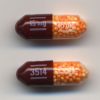
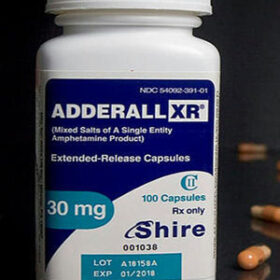
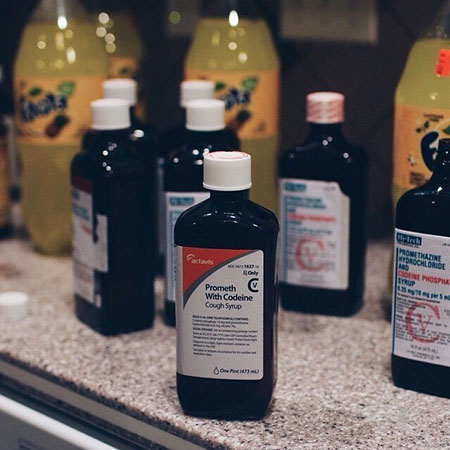
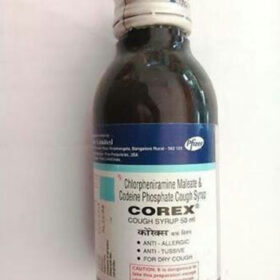




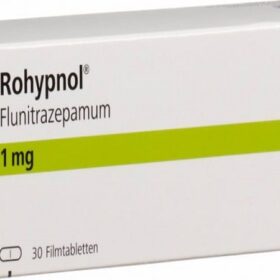
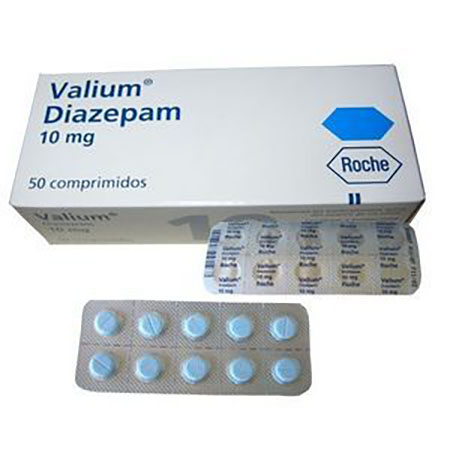
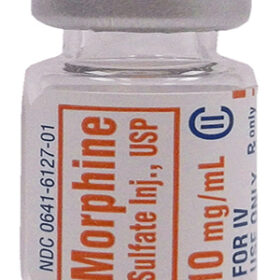
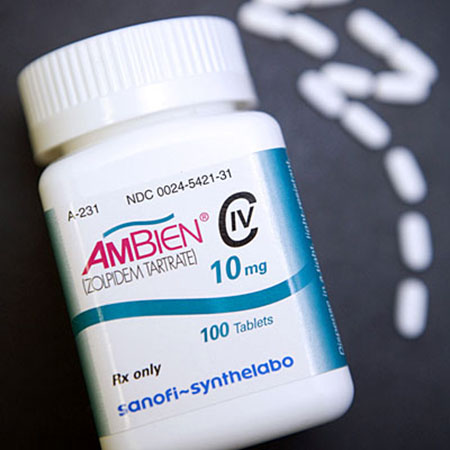
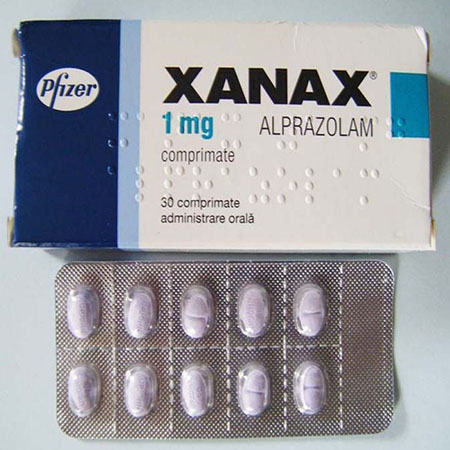
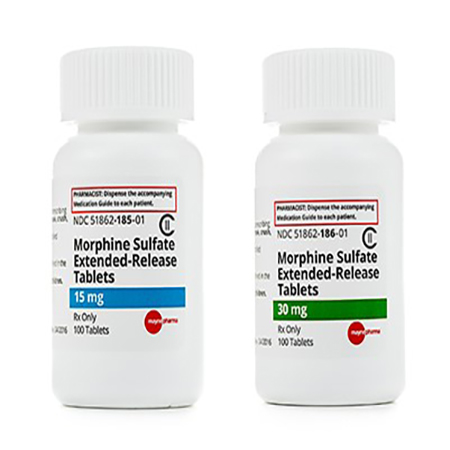
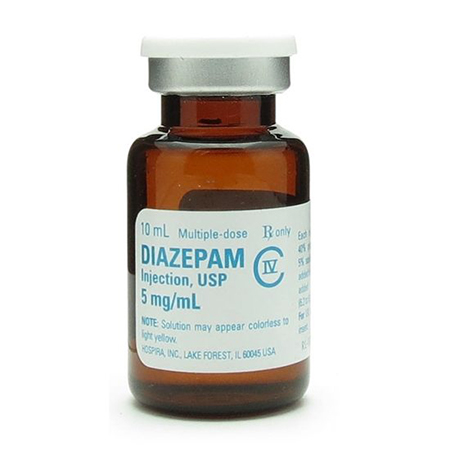
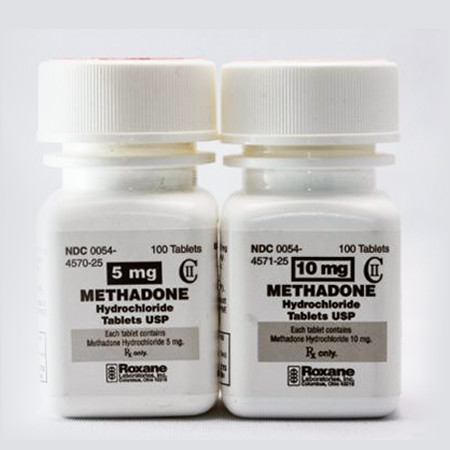
Reviews
There are no reviews yet.